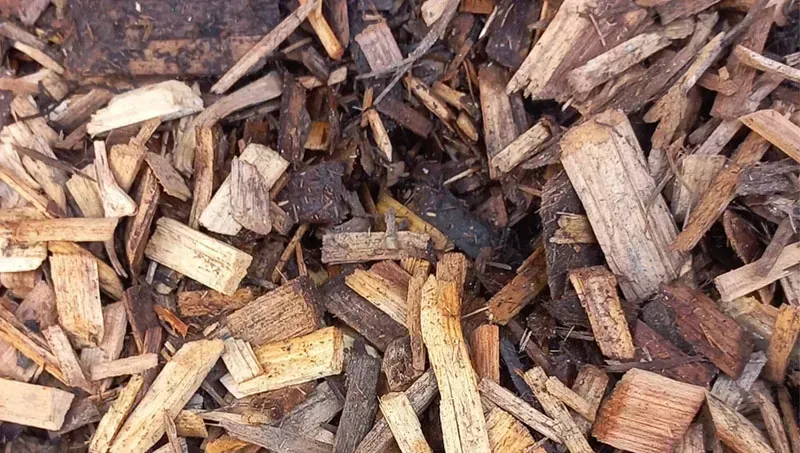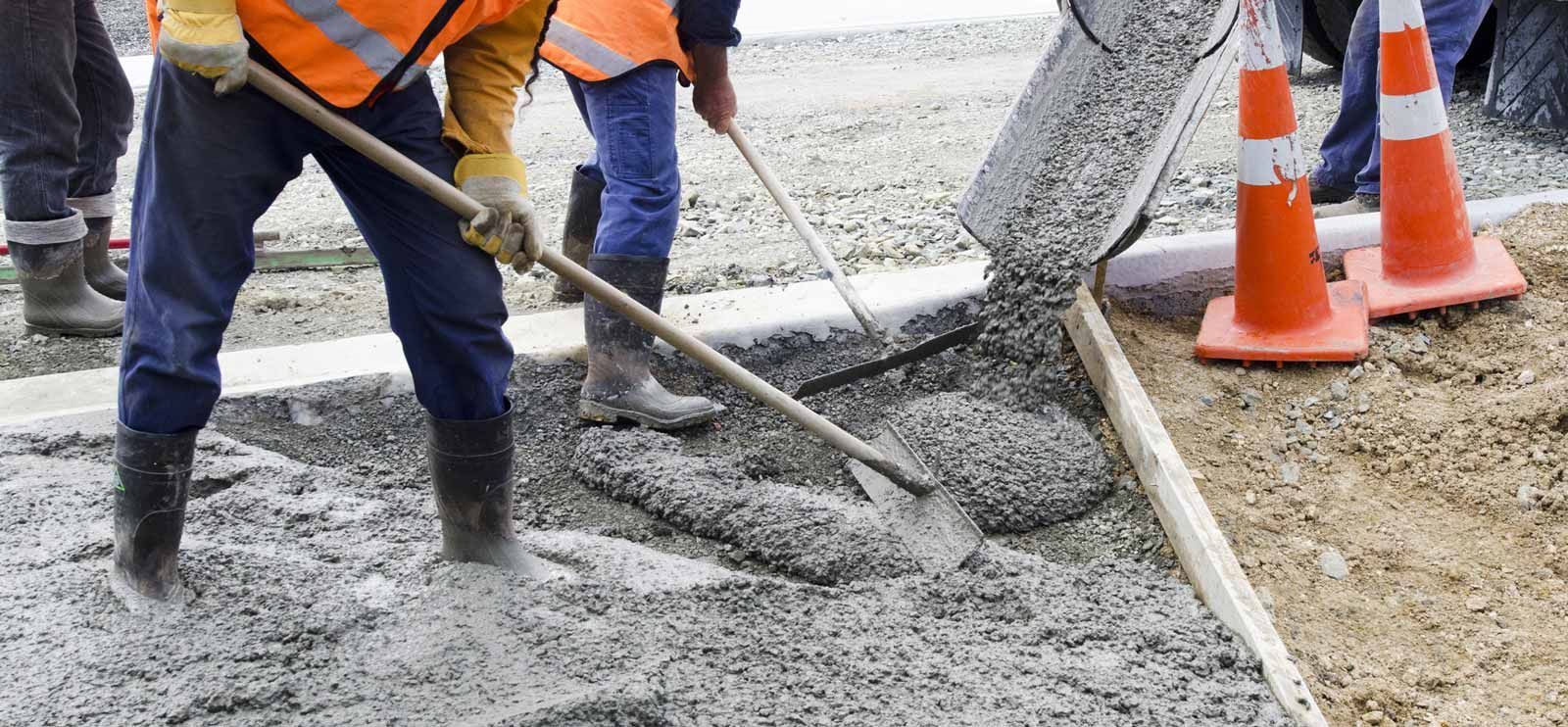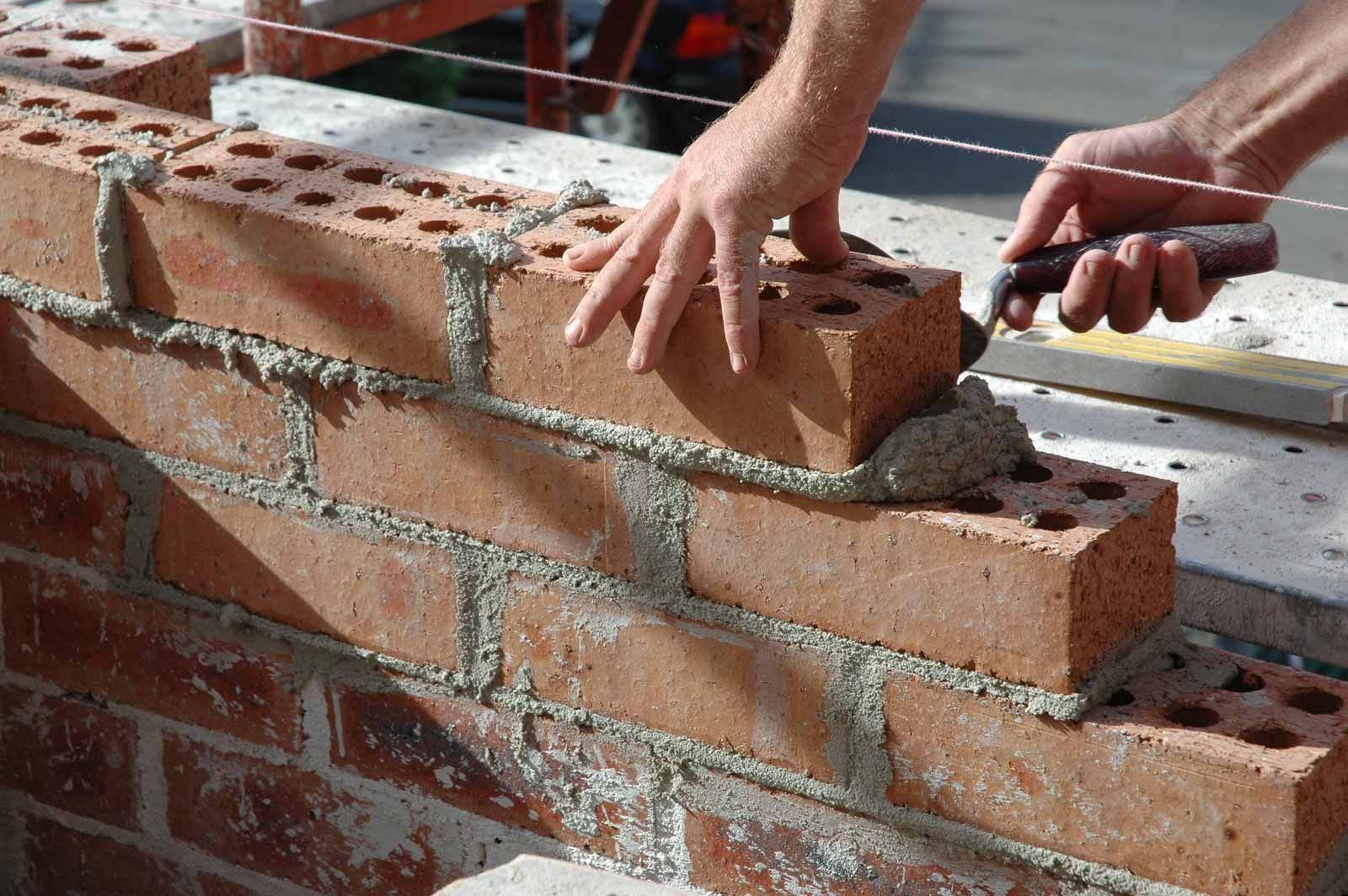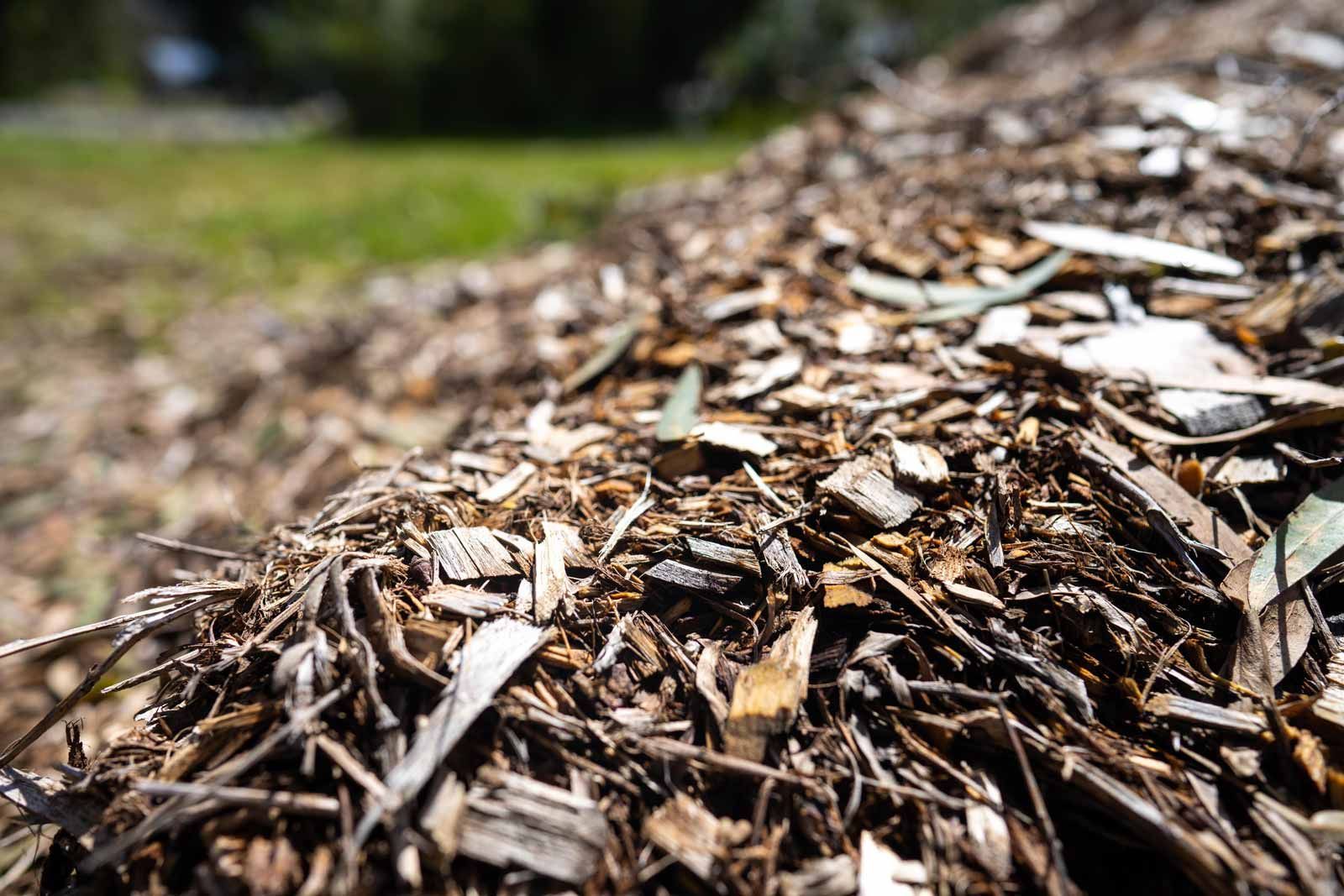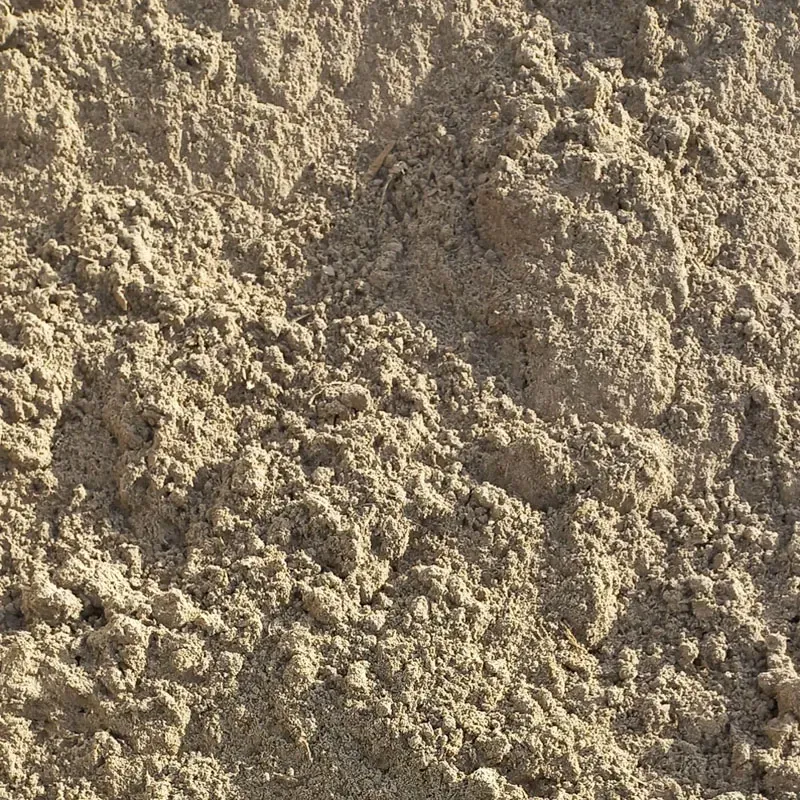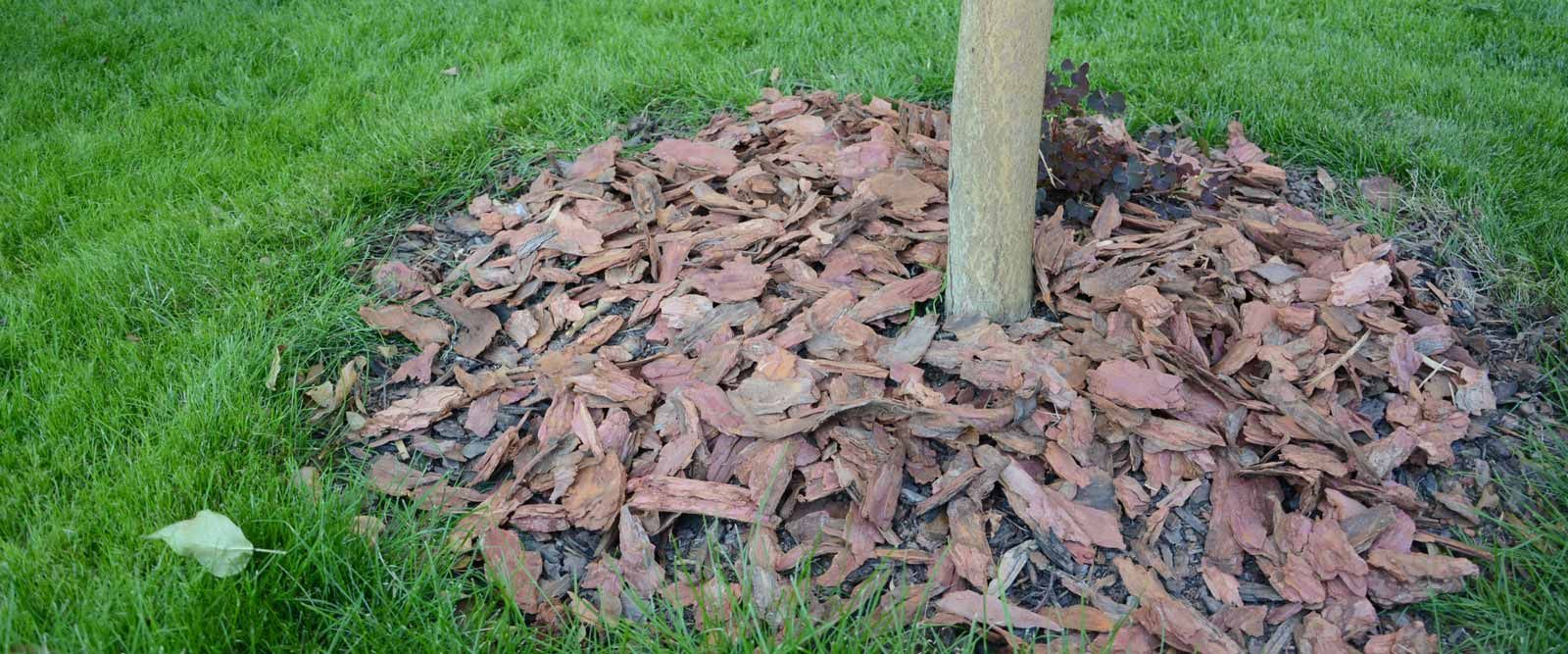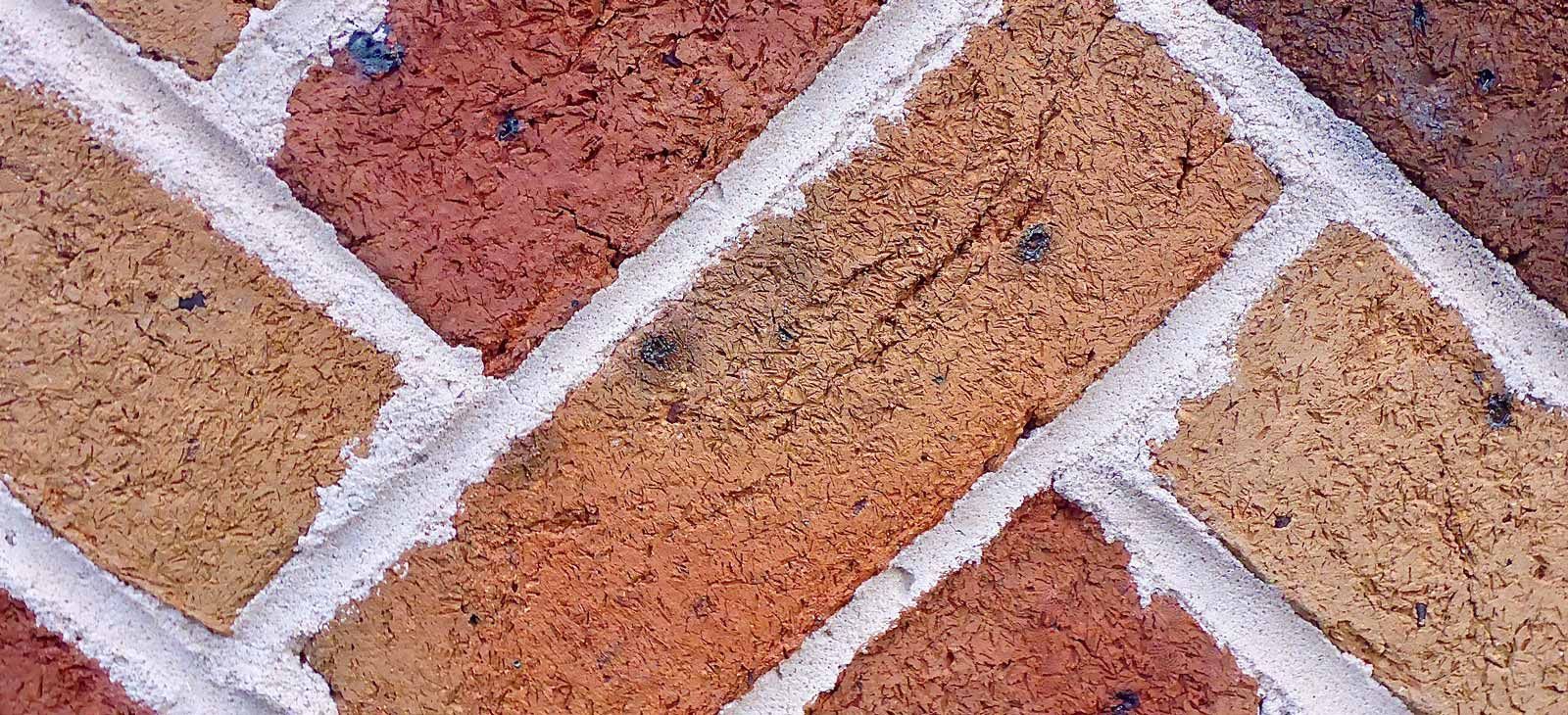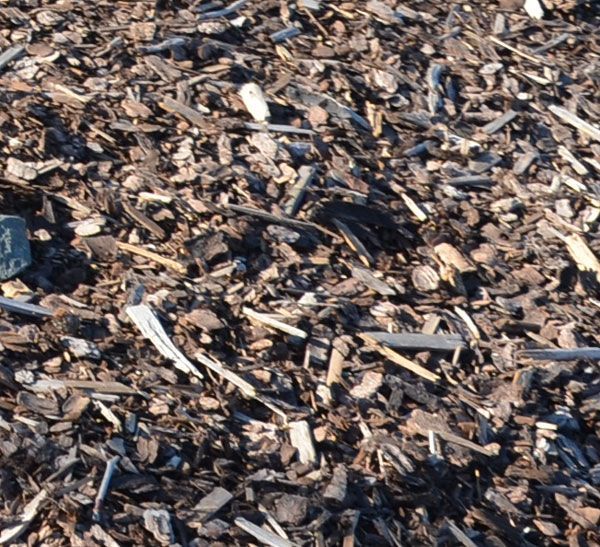What is the difference between pea gravel and river rock?
The choice of materials greatly influences the final look and feel when it comes to landscaping and enhancing outdoor spaces. River rock, for example, is a popular and versatile option that stands among the available choices. In this blog, we’ll explore the differences between river rock and another commonly used material, pea gravel, helping you make informed decisions for your landscaping projects.
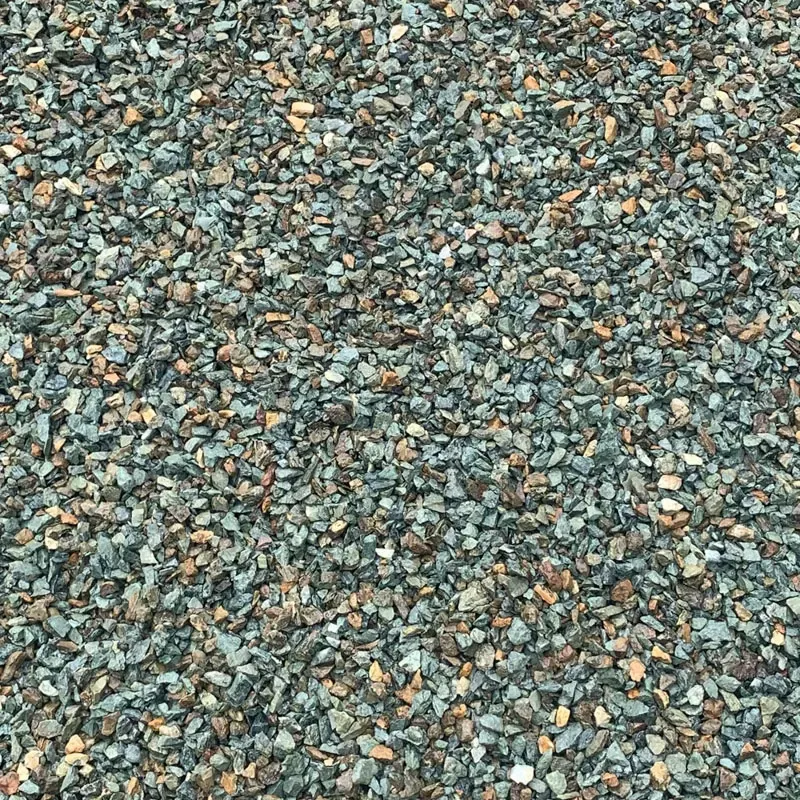
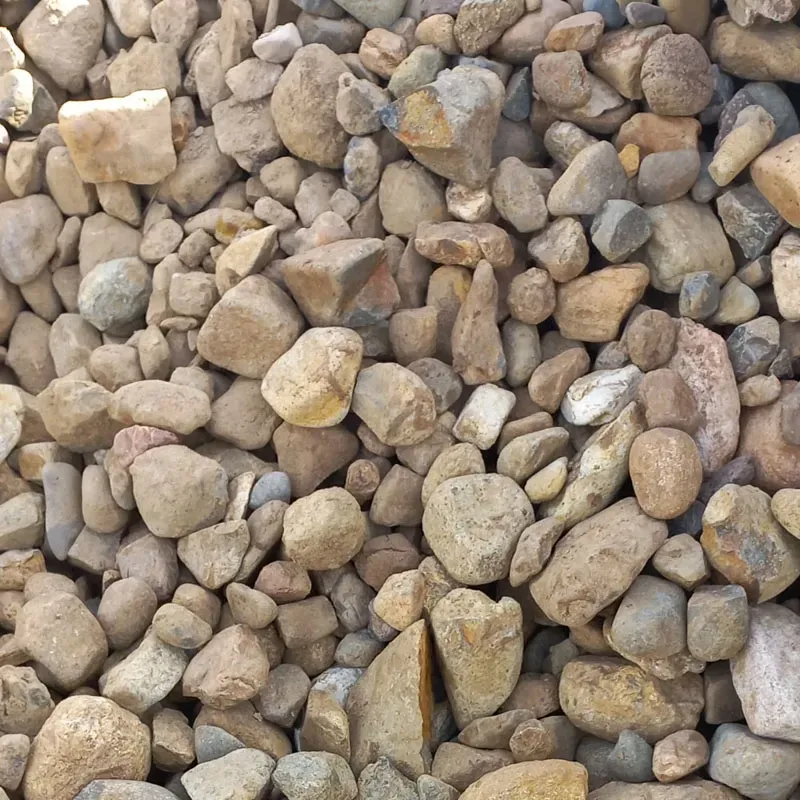
Distinguishing features: pea gravel vs. river rock
Pea gravel and river rock may both belong to the family of decorative aggregates, but they each possess unique characteristics that cater to specific landscaping needs. Pea gravel is typically smaller in size, usually ranging from 3.2 mm to 9.6 mm in diameter. Its smooth, round edges create a softer appearance, making it ideal for pathways, driveways, and areas where foot traffic is common. On the other hand, river rock, as the name implies, is larger and often irregularly shaped, ranging from 1 inch to several inches in diameter. Its natural appearance and varied colours make it an excellent choice for creating focal points, water features, and borders.
Choosing the right decorative pebbles
When deciding between pea gravel and river rock, consider the intended purpose of the material. Pea gravel’s small size and smoother texture make it comfortable to walk on, while river rock’s larger size lends itself to creating more visually striking elements. Pea gravel is also more suitable for areas that require frequent maintenance, like pathways, as it compacts and stays in place better than river rock. On the other hand, river rock’s larger size makes it less likely to shift underfoot, making it ideal for accentuating landscapes.
Still can’t decide? We’re here to help
In the world of landscaping materials, the choice between pea gravel and river rock depends on your design goals and practical needs. For a comprehensive range of both options and expert advice, turn to SEQ Landscape Supplies. We’ll go through the details of your project and make the best recommendations for your needs. Whether you’re aiming for the elegance of river rock or the subtlety of pea gravel, we can provide you with our expert opinion.


